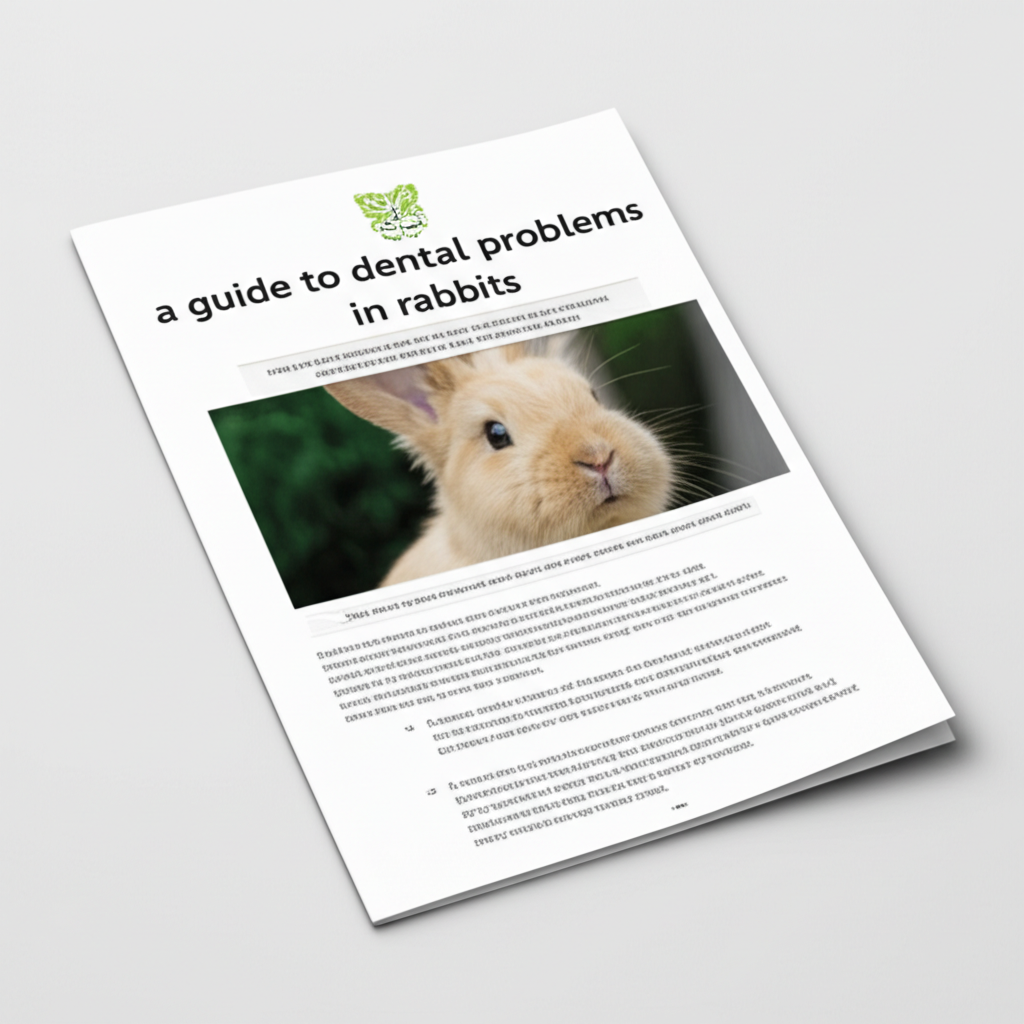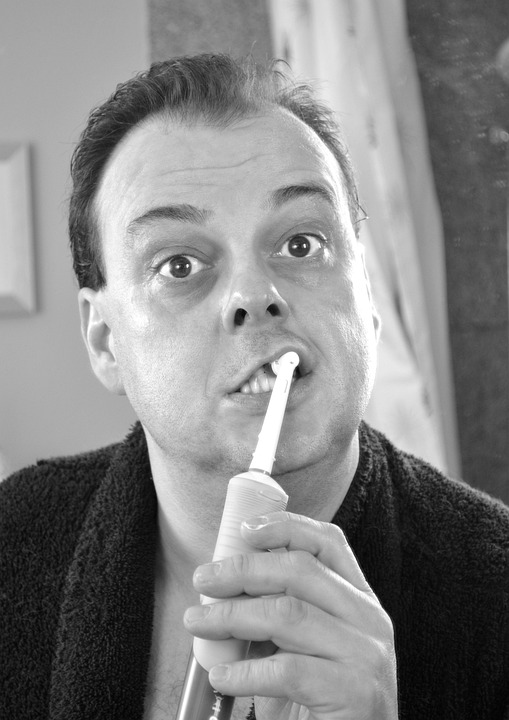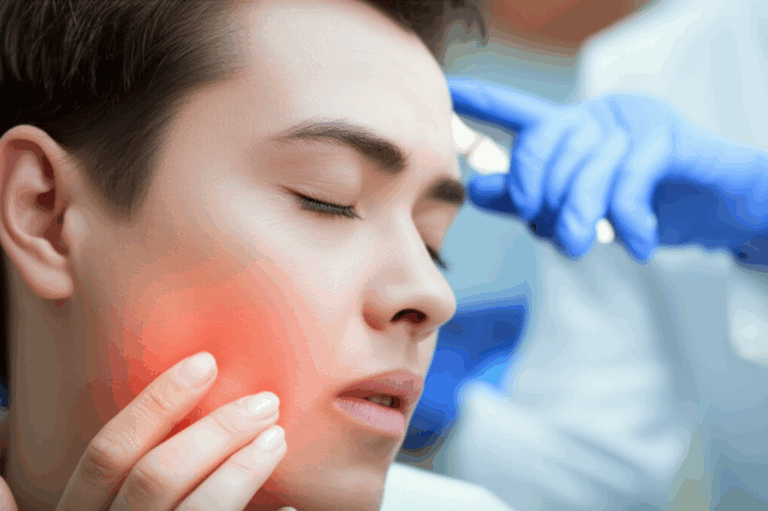
A Complete Guide to Rabbit Dental Problems: Symptoms, Causes, Treatment & Prevention
Is your rabbit acting a little off lately? Do you notice weird chewing or maybe less excitement at feeding time? This guide helps you understand why rabbit dental health really matters—and explains how you can spot, treat, and even stop dental problems so your bunny lives a happier, pain-free life. Whether you’re a new rabbit owner or have had bunnies for years, you’ll find helpful tips and simple examples to help keep your furry friend’s teeth healthy.
Table of Contents
- Why Should You Care About Your Rabbit’s Teeth?
- What Makes Rabbit Teeth So Special?
- What Are The Most Common Rabbit Dental Problems?
- What Signs Should You Watch For in Your Rabbit?
- What Causes Dental Disease in Rabbits?
- How Do Vets Diagnose Dental Problems?
- What Treatments Do Rabbits Need For Dental Disease?
- How Can You Prevent Dental Problems in Your Rabbit?
- When Should You Take Your Rabbit to the Vet?
- How Does Dental Health Affect a Rabbit’s Life?
- Extra FAQ: Your Rabbit Dental Questions Answered
- Key Takeaways and Quick Summary
Why Should You Care About Your Rabbit’s Teeth?
Have you ever tried to eat when your tooth hurts? Imagine that hurting for weeks or even months. That’s what many rabbits go through because their dental problems often get missed. Rabbits’ teeth grow all the time, so if something is wrong with their chewing, it can quickly turn into pain, infections, and trouble eating.
Dental disease is also very common—more than half of all pet rabbits get it at some point—and if you ignore it, the problems get worse. Suddenly, your pet’s not eating, losing weight, hiding, or even getting sick. Finding dental problems early gives your rabbit a much better chance at a healthy, happy life. And, honestly, stopping problems is a lot cheaper than fixing them later!
What Makes Rabbit Teeth So Special?
Rabbit teeth aren’t like ours. Their front teeth (incisors) and their back teeth (molars and premolars) keep growing through their whole lives, kind of like fingernails. Rabbits need to chew a lot—mostly hay and other tough plants—to wear down their teeth and keep them the right size.
How the incisors (the big front teeth) line up with the molars and premolars is super important. If these teeth don’t meet just right—what vets call “dental alignment”—your rabbit can get sharp points, spikes, or even infections in the mouth.
Here’s a simple table comparing rabbit teeth to human teeth:
| Feature | Rabbits | Humans |
|---|---|---|
| Growth | Never stops | Stops when older |
| Main Wear Material | Hay, tough plants | Regular food |
| Types | Incisors, molars, premolars | Incisors, molars, canines, premolars |
| Common Problems | Overgrowing, crooked | Cavities, sore gums |
Just one reason why routine dental care for rabbits is pretty different from dogs, cats, or people!
What Are The Most Common Rabbit Dental Problems?
Rabbits are pretty good at hiding pain. When you finally notice something wrong, there could be a lot more trouble hiding in their mouths. Here’s what you should look out for:
1. Malocclusion (“Buck Teeth” and More)
This means the teeth don’t line up right. If your rabbit’s front or back teeth grow crooked, they don’t wear down and start to get way too long. Incisor malocclusion is easy to spot—those front teeth may stick out, look crooked, or even curl. Molar malocclusion is harder to see because it’s way in the back.
2. Dental Spurs and Sharp Points
If molars aren’t being worn down evenly, tiny spikes, or dental spurs, can form. They poke and scrape the tongue or cheeks causing sores, infections, and lots of pain.
3. Dental Abscesses (Infections)
Rabbits can get tooth root infections—swollen, pus-filled lumps—often below the eye or along the jaw. Dental abscesses are very stubborn and hurt a lot.
4. Tooth Root Elongation
Sometimes, tooth roots start growing the wrong way, pushing into the jaw or even up near the eye. This can cause eye discharge, swelling, or make breathing hard.
5. Broken or Fractured Teeth
Rabbits might break a tooth chewing something too tough or after a bad fall. Broken teeth hurt and don’t wear properly, and it’s a fast way to get infections or more crooked teeth.
6. Periodontal Disease
That means infection or swelling of the gums and the bone around teeth. It makes teeth loose, gums sore, and causes a lot of mouth pain.
Here’s a table showing these problems:
| Condition | Main Symptoms | Common Causes |
|---|---|---|
| Malocclusion | Overgrown teeth, eating problems | Genetics, accidents, diet |
| Dental Spurs | Trouble chewing, drooling | Crooked teeth, diet |
| Dental Abscesses | Swelling, pus lumps | Tooth root infection |
| Tooth Root Elongation | Eye swelling, discharge | Crooked teeth, bad wear |
| Broken/Fractured Teeth | Bleeding, sudden pain | Injury, weak teeth |
| Periodontal Disease | Red gums, loose teeth | Poor cleaning, overgrowth |
What Signs Should You Watch For in Your Rabbit?
Rabbits are great at hiding when they don’t feel well, but there are always signs if you really look. Here’s what to look for before it gets really bad:
Eating and Drinking
- Your rabbit suddenly won’t eat hay, but still eats some pellets.
- Your rabbit drops food or chews in a weird way.
- Weight loss can happen fast, especially in smaller bunnies.
- They turn down treats they used to love.
- You see a lot of drooling—sometimes called “slobbers”—with a wet chin or chest.
Changes In Behavior
- Rabbits might get lazy, tired, or hide more.
- You might hear teeth grinding, which means they’re hurting.
- Your usually nice bunny might get grumpy, bitey, or not want you to touch them.
- They stop grooming—messy fur or a dirty bum can be warning signs.
Physical Changes
- Swelling or lumps on the face or under the eyes.
- Watery or pus-filled eye gunk or messy fur.
- Runny nose which sometimes makes breathing tough.
- Overgrown front teeth you can see just by lifting the lips.
Problem, agitate, solution: Don’t wait for big signs—when you see any of these, act fast!
What Causes Dental Disease in Rabbits?
Bad teeth in rabbits don’t just happen out of nowhere. The main reasons can usually be grouped into four types:
1. Genetics and Breed
Some bunnies, especially smaller breeds or lop-eared rabbits, have jaw shapes that make their teeth line up badly. Putting lots of teeth in a small head means things can get crowded or crooked. These “born-with-it” dental issues are very common in breeds like the Netherland Dwarf or Mini Lop.
2. Diet
This is where lots of owners mess up. Rabbits need lots of fiber. If they don’t get enough hay or tough plants, the teeth don’t wear down, and they start to overgrow. Too many pellets or foods like alfalfa hay (for adult rabbits) can also be a problem.
Read more on healthy teeth habits and dental diseases here.
3. Trauma
A fall, a hit on the head, or chewing something super hard can break or move a tooth out of place. After that, it grows wrong or gets infected.
4. Metabolic Bone Disease
If diet is bad, bones might get “soft.” Without the right amounts of calcium and vitamin D, jawbones get weak, so teeth start to move and cause trouble.
How Do Vets Diagnose Dental Problems?
You can only look at so much by trying to peek in your rabbits’ mouths at home. When I took my own bunny in for a checkup, here’s what the vet did:
Here’s what the vet checks for:
| Step | Looks For |
|---|---|
| Physical & Mouth Exam | Obvious overgrowth, pain, swelling |
| X-Ray | Hidden root troubles, abscesses |
| Endoscopy | Molars, tooth surfaces |
| Blood Work | Health state, infection signals |
What Treatments Do Rabbits Need For Dental Disease?
Fixing dental problems can be as simple as a tooth trim, or as serious as surgery. Spotting trouble early makes things easier on your rabbit and your wallet! Here’s what might happen at the vet:
Dental Trimming and Filing
For overgrown front teeth, the vet might “file down” (burr) the teeth. This has to be done by a rabbit dental specialist, because doing it the wrong way can hurt a lot. Incisor trimming is common, but fixing back teeth is harder and usually needs sleep medicine.
Tooth Extractions
With really bad infections or broken or twisted teeth, pulling the tooth might be the only way to fix it. Tooth pulling can be tough—rabbit teeth are deep, and it takes a while to heal.
Abscess Care
Dental abscesses need surgery to clean them out and then medicine to kill germs. Sometimes vets put medicine right into the sore spot or use scans to find deep infection.
Pain Medicine
A rabbit in pain won’t eat, so pain meds are important. Vets might use safe anti-inflammatories or other things to keep your bunny comfortable.
Feeding Help
If eating is too hard, you might have to feed your rabbit soft foods by syringe until they feel better. Special diets with extra fiber help their stomach keep working.
Treatment can get expensive—trims every few months, or hundreds for surgeries—so stopping trouble before it starts is always best!
How Can You Prevent Dental Problems in Your Rabbit?
If I could only say one thing, it’s this: Hay, hay, and more hay! Stopping problems before they start is always easier for rabbits. Here’s how to help your bunny the most:
Diet: Keep Them Chewing!
- Give all the good hay your rabbit can eat—Timothy, orchard, or oat hay work great.
- Small servings of fresh green veggies and only a few pellets a day.
- No sugary treats, not too many carrots, or high-calcium alfalfa (unless your rabbit is still a baby).
Vet Visits: Don’t Skip!
- Get a dental check once or twice a year. Vets can see problems before you can.
- If you have a dwarf or lop breed, checkups are even more important.
Chewing Fun
- Give safe wooden toys or branches (like willow or apple tree sticks) for chewing.
- Change up chew toys often so your rabbit doesn’t get bored.
Learn more about diet and oral health at our teeth information resource.
Problem, agitate, solution: Don’t wait to see drooling—it’s often too late for easy fixes. Stopping problems is your best bet!
When Should You Take Your Rabbit to the Vet?
Don’t try to guess about your rabbit’s teeth. Go to the vet right away if you see:
- A sudden drop in hay or food eaten.
- Weight loss or a dull, messy coat.
- Drooling, eye or nose discharge, or any swelling on the face.
- Bunny is chewing weird, grinding teeth, or hiding more than normal.
Never try trimming rabbit teeth at home—it’s dangerous and can really hurt your rabbit. Always let an expert do it.
How Does Dental Health Affect a Rabbit’s Life?
Think about having a toothache all the time. You’d be crabby, tired, and not want to eat. For rabbits, dental pain quickly leads to not eating, stress, and even deadly tummy problems. Infections can spread to the eyes, jaw, or even bones.
A rabbit with healthy teeth is curious, happy, and loves treats and playing. Dental health isn’t just about stopping pain—it lets your rabbit enjoy life.
If you’re ever worried, always ask your vet. If you’re a dental pro looking to help with pet teeth, check out new solutions at a modern china dental lab for clever ideas.
Extra FAQ: Your Rabbit Dental Questions Answered
Q: Can I check my rabbit’s teeth at home?
A: You can peek at the front teeth, but the back ones are hard to see. Watch for clues like drooling or dropping food. If you’re unsure, always ask your vet.
Q: Are some types of rabbits more likely to have dental problems?
A: Yes, especially small and lop-eared bunnies because of their skull shapes. Be extra careful with them.
Q: Is it normal for rabbit teeth to keep growing?
A: Yes, that’s just how rabbits work! That’s why eating hay and tough foods is so important.
Q: Can dental problems spread from one rabbit to another?
A: No, but if one rabbit has issues with food or living space, your other rabbits might too.
Q: What should I do if my rabbit suddenly stops eating?
A: That’s an emergency—get to a rabbit vet right away!
Key Takeaways and Quick Summary
- Rabbits’ teeth never stop growing, so always give them plenty of hay and chewing time.
- Dental disease affects more than half of pet rabbits and hides until it’s serious.
- Look for eating and behavior changes, drooling, and facial swelling.
- Stopping problems is best: hay, vet checks, and things to chew.
- At the first sign of trouble, take your rabbit to a rabbit vet fast.
- Healthy teeth mean a happy, healthy rabbit!
For more info, check out teeth overall health and dental care for pets. Want to know about new dental products? See the latest at a dental ceramics lab for even better care!
References








